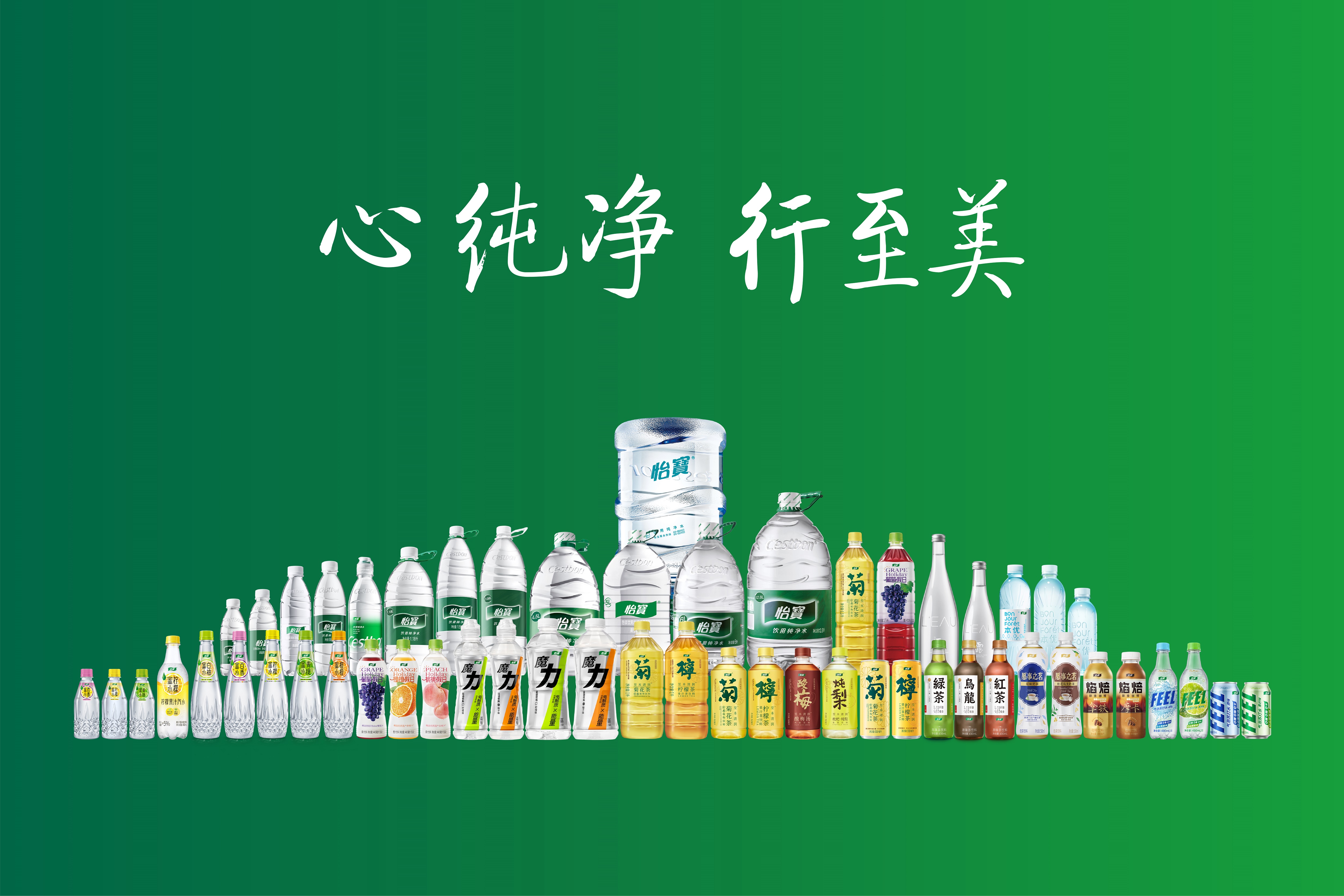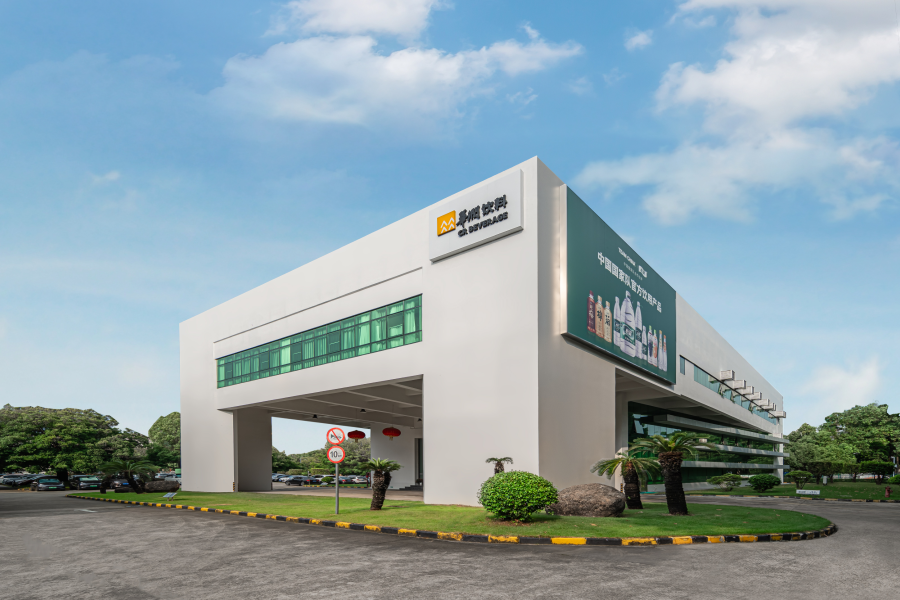



China Resources Beverage (Holdings) Company Limited ("CR Beverage" or the "Company") is committed to practicing the highest standards in labor rights, human rights, environmental responsibility and ethical conduct. The Company requires all its suppliers to abide by relevant laws and regulations and act in compliance with ethical standards in all affairs. This Policy outlines specific requirements for suppliers in their business operations, aiming to build a fair, green and harmonious business ecosystem in collaboration with the Company’s suppliers.
1 Purpose
This Policy aims to ensure that suppliers adhere to consistent ethical, legal, quality, safety and environmental standards in the course of cooperation. It seeks to protect the reputation of the Company, ensure product quality, promote sustainable development, reduce operational risks, fulfill corporate social responsibility, respect human and labor rights, and enhance the overall transparency of the supply chain.
2 Scope of Application
This Policy applies to CR Beverage and its subordinate entities at all levels. All business partners, including cooperative partners, contractors and suppliers, are encouraged to comply with this Policy.
3 Applicable Laws and Regulations
Suppliers are required to strictly observe all applicable laws, regulations and ordinances of the countries and regions where they are located, including those pertaining to business ethics, health, safety and environmental protection, and act in responsible manners and in compliance with these standards.
4 Business Ethics[1]
· Compliance with Laws and Regulations: Suppliers shall comply with all applicable laws and regulations in their respective regions in the course of business operations, and maintain sound corporate governance;
· Business Integrity: Suppliers shall adopt a zero-tolerance policy towards bribery and corruption, and formulate relevant policies covering the receipt of benefits, payments to government officials, charitable donations and sponsorships, entertainment, corporate hospitality and loans;
· Conflicts of Interest: Suppliers shall disclose potential material conflicts of interest to the Company, and submit proposed solutions or mitigation plans for review and approval;
· Information Security and Confidentiality: Suppliers shall protect and properly use confidential information and ensure effective protection for confidential information and intellectual property rights of the Company and the Company’s business partners. Suppliers shall not engage in any activities that infringe upon the intellectual property rights of the Company or others, or damage the reputation of the Company. Additionally, if suppliers are required not to disclose information related to any other companies due to their contractual or legal obligations, they shall not disclose such information to any employee of the Company;
· Reporting Channels: Suppliers shall provide channels for their employees to report potential illegal activities, set up transparent management systems for handling anonymous reports and unethical conduct, and endeavor to establish a sound reporting mechanism and whistleblower protection mechanism;
· Business Ethics Training: Suppliers shall provide trainings on relevant knowledges to its employees that are subject to high business ethics risks in their positions (such as sales, procurement and logistics).
5 Labor and Human Rights
· Compliance with Laws and Regulations: Suppliers shall abide by local labor or social security laws and regulation. It is advisable to adhere to the basic labor rights principles outlined in the core conventions of the International Labour Organization (ILO). Suppliers shall establish legal employment relationships with their employees, and implement effective recruitment management systems to effectively monitor the employment and management of all migrant workers, contract employees, intermediary staff, temporary and informal workers;
· Fair Employment and Anti-Discrimination: Suppliers are encouraged to provide employees with a workplace free from discrimination and harassment and to provide equal opportunities and treatment;
· Prohibition of Forced Labor and Human Trafficking: Suppliers must not engage in any forced labor or human trafficking;
· Prohibition of Child Labor: Suppliers must not employ child labor (minors under the age of 16) under any circumstances;
· Working Hours, Remuneration and Benefits: Suppliers are advised to ensure timely payment of reasonable compensation, which shall not be lower than local statutory minimum wages. Suppliers are also advised to provide employees with reasonable rest time, benefit packages stipulated by relevant laws, and reasonable monthly wages on the agreed payday;
· Anti-Harassment: Suppliers are advised not to impose any corporal punishment and threats of violence, or engage in any physical, sexual, psychological or verbal abuse as a method of enforcing discipline or control in the workplaces;
· Freedom of Association and Collective Negotiation: Suppliers are advised to respect employees' rights to freedom of association and collective negotiation.
6 Occupational Health and Safety[2]
· Compliance with Laws, Regulations and System Certifications: Suppliers shall comply with applicable health and safety laws and regulations, and establish a comprehensive occupational health and safety management system in accordance with general industry standards, such as the ISO 45001 Occupational Health and Safety Management System certification;
· Environmental Safety: Suppliers shall provide a safe and healthy work environment, and take adequate measures to minimize hazards related to the workplace;
· Protective Equipment: Suppliers shall provide employees with appropriate safety device and protective equipment to reduce health and safety risks in the workplace;
· Safety Training: Suppliers shall provide employees with necessary occupational health and safety trainings and regular physical examinations to ensure their safety.
7 Product Quality
Suppliers involved in any aspects of development, handling, manufacturing, packaging, transportation, or storage of our products shall:
· Comply with applicable product quality standards, policies, specifications and procedures, and follow general industry standards such as the ISO 9001 Quality Management System certification and the ISO 22001 Food Safety Management System certification;
· Follow and comply with good manufacturing practices and product quality testing protocols;
· Meet generally recognized or contractually agreed quality requirements, conduct regular training, and ensure full implementation.
8 Environmental Protection[3]
· Compliance with Laws, Regulations and System Certifications: Suppliers shall meet the relevant requirements of local environmental standards, national laws and international conventions, and establish and certify environmental management systems according to general industry standards such as the ISO 14001 Environmental Management System certification and the ISO 50001 Energy Management System certification;
· Green Operations: Suppliers are required to strictly comply with relevant pollution prevention standards, ensure minimum pollution from production processes, and take active measures to protect biodiversity and maintain ecological balance. Furthermore, suppliers should committed to energy conservation and efficiency improvement, reduce energy consumption by optimizing resource use, and actively adopt renewable energy to mitigate the impact of climate change;
· Environmental Impact: Suppliers shall consider the potential environmental impact of ordinary business decisions, as well as opportunities for natural resource conservation, resource reduction, material recycling and pollution control;
· Resource Recycling: Suppliers shall minimize energy and water consumption through methods such as energy saving, reuse/recycling, replacing, etc. and maximize the use of renewable energy;
· Greenhouse Gas Emissions Reduction: Suppliers shall develop and implement comprehensive greenhouse gas reduction plans to continuously reduce greenhouse gas emissions by enhancing energy efficiency, adopting clean energy, and optimizing production processes.
9 Auditing and Monitoring
9.1 Suppliers shall save all policy documents or relevant records to prove their compliance with this Code of Conduct, and provide required documents upon request by the Company;
9. 2 The Company may review suppliers' internal policies, relevant businesses, facilities, and relevant products and services, either independently or through a third party, upon reasonable notice;
9. 3 In the event of any violation of the Code of Conduct by a supplier, the Company will require the supplier to take corrective measures within a specified time. If such violation of the supplier is severe or corrective measures are not taken promptly, the Company may take corresponding actions, including but not limited to disqualifying the supplier from bidding, terminating cooperation or blacklisting.
10 Reporting
If you have any doubts about this Policy, or discover any suspected violation of laws, regulations or this Policy, please report anonymously or with real name to CR Beverage through the following methods:
· Reporting Email: ts.yb@crbeverage.com
· Reporting Hotline: 0755-86620524
· Mailing Address: Discipline Inspection Department of CR Beverage, High-tech Industrial Park (North District), No. 22 Langshan Road, Nanshan District, Shenzhen, Guangdong Province.
11 Revision and Review
The Company will regularly review this Policy and make appropriate revisions when necessary.
[1] For more details, please refer to the CR Beverage Anti-Corruption Policy and the CR Beverage Code of Business Ethics.
[2] For more details, please refer to the CR Beverage Health and Safety Policy.
[3] For more details, please refer to the CR Beverage Greenhouse Gas Emissions Management Policy and the CR Beverage Energy Management Policy.





